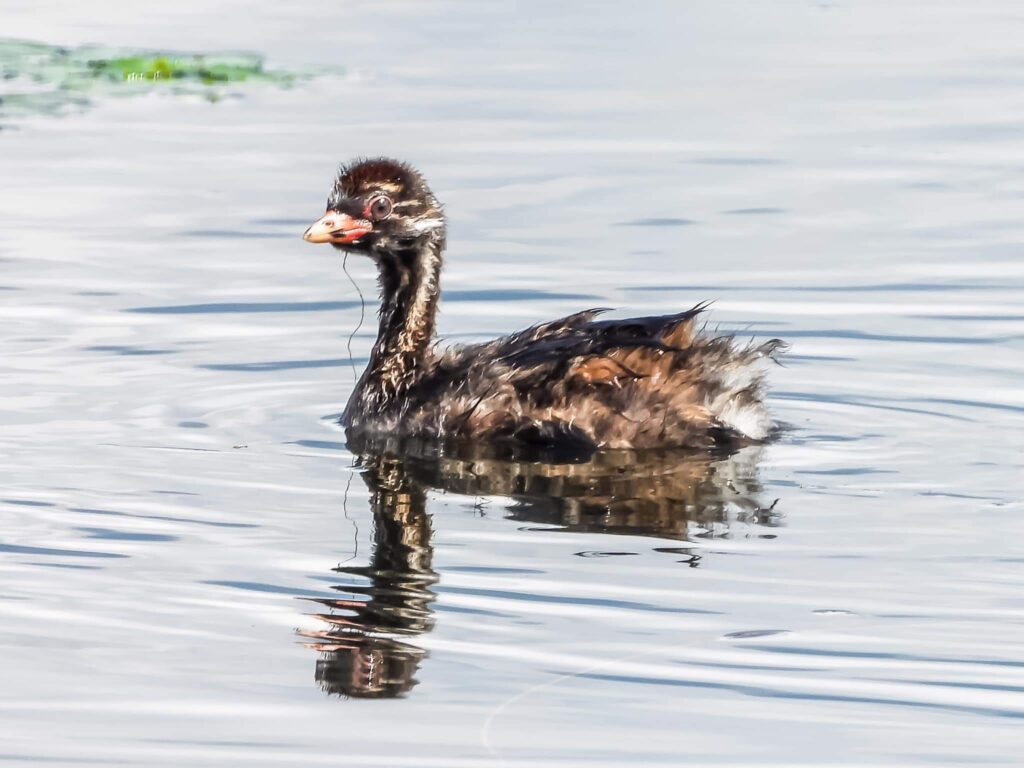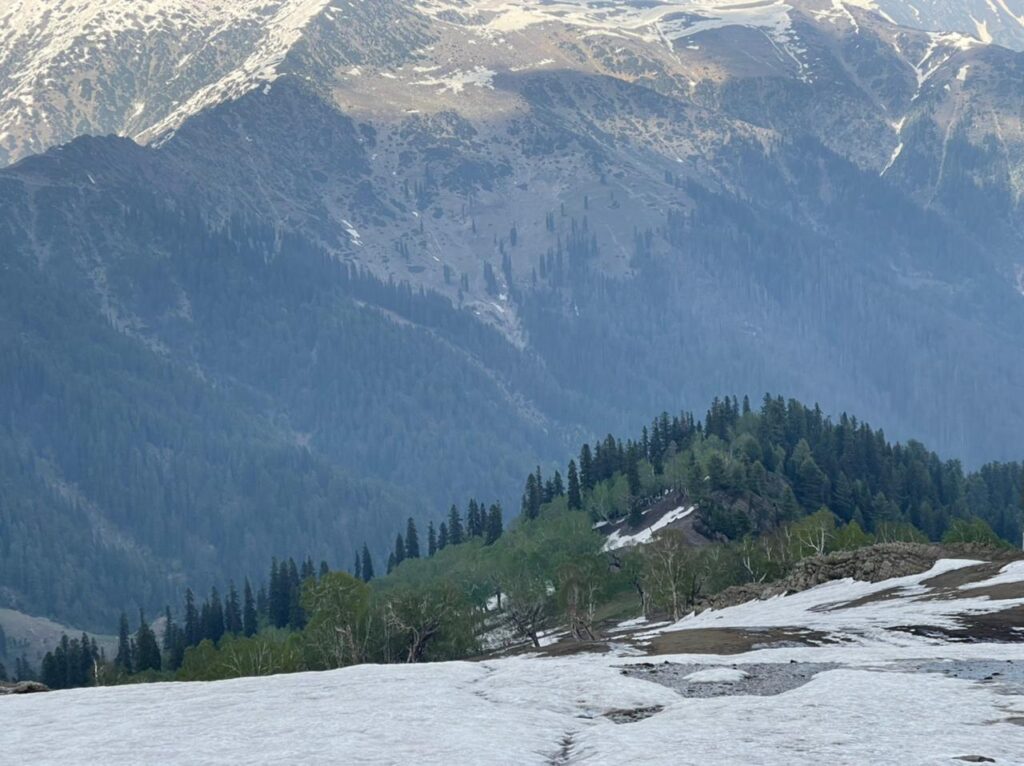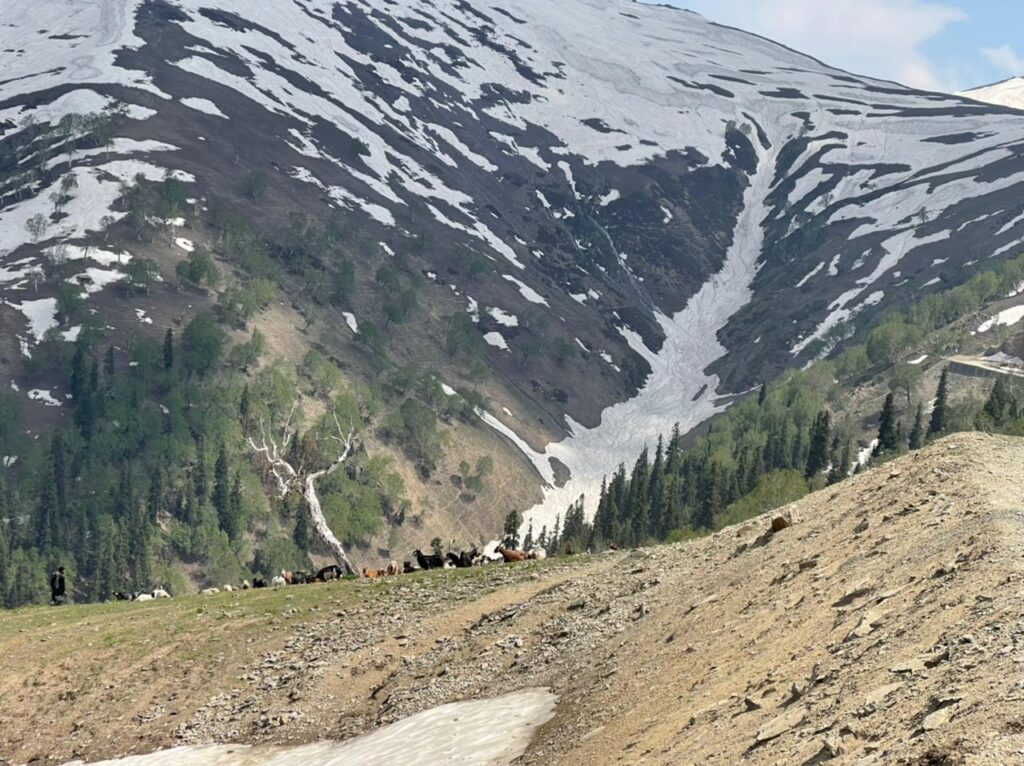Wetlands are home to billions of migratory birds worldwide, these birds hold a good position from ecological point of view, and if these delicate and admiring migratory birds are lost, it will certainly disrupt the food web. The climate has affected a lot worldwide wetlands while altering its all the functions and services. The climate change has impacted the water availability capacity of these wetlands and the climate change has turned these wetlands as dry lands due to shortage of water and that lead to extinction of millions of species worldwide.
Climate change has affected the wildlife sport potential among wetland due to unfavorable conditions for the wildlife. The deadly climate change has already led to decline in productivity among all types of ecosystems including wetland ecosystems. Global climate change will severely affect all the delicate and complex wetlands of the world and the loss will be irreparable and irreversible and will be very hard to comprehend if we will not deal with the global climate change mitigation strategies strictly and generously.
The worldwide wetlands are very rich in biodiversity and its services and should be the priority of every state to safeguard its delicate and biodiverse rich ecosystems and if these wetlands aren’t safeguarded, it may certainly have the cascading effect in future. Climate change has led to ecological successions in wetlands and these successions have led to extinction of wild flora and fauna. These climate change driven successions have led to an increase in the growth of exotic species and these exotic species have damaged the endemism and ecological instability in the geographical location. The loss of endemism due to climate change has changed all the parameters and may promote uncontrolled growth of exotic species which will certainly drain the nutrients from soil at faster rates and it may lead to collapse of the system for lifetime.
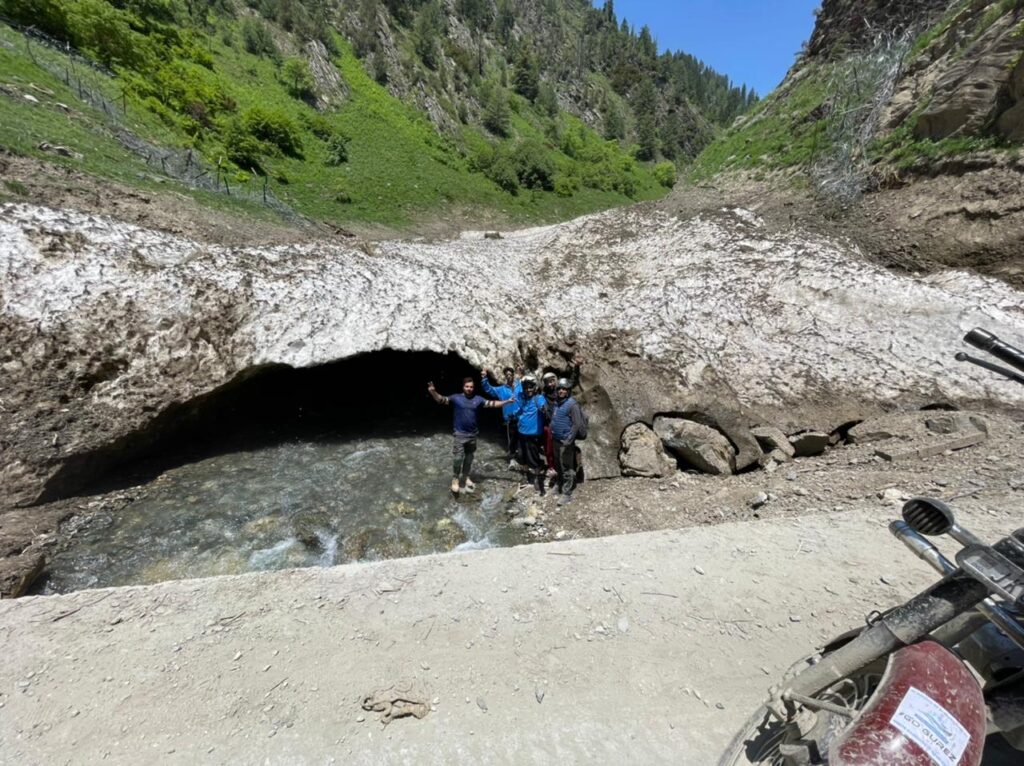
Global climate change has led to loss of biodiversity and these biodiverse rich ecosystems are backbone to human existence and affect the climate of the region, which in turn impacts the agriculture of the area. The wetlands are of utmost importance and need to be conserved and protected for a sustainable future and if they are lost, they will release all the carbon stored in them and the carbon concentration in the atmosphere will be hard to comprehend. The earth will burn in ashes due to global warming and global climate change.
The wetlands are the nature created carbon stores, which store the carbon that have the negative impact on life forms if present in excess quantities and if these stores are at stake, it will certainly affect all the life forms present on earth and the effect of the cascade will be hard to comprehend. Global climate change has led to melting of glaciers at an alarming rate and it led to floods and destruction of human settlements and the life forms turned to climate refugees. The unconditional injustice is that even though the world’s poor people are doing nothing to cause the worst climate change and they are the only people who suffer the most worldwide.
The deadly effects of climate change on wetland varies by geographic location while, It is reported and accessed that across the earth, the deadly climate related threats and disasters are increasing in geometric progression, and about the majority of such disasters are linked to water. Therefore, it is important to respond and notice that there is a dire need to conserve, protect and restore wetlands to mitigate the deadly and disastrous climate change and at the same time to adapt to changing climate. The worldwide Wetlands such as peatlands, salt marshes, mangroves, etc. are repositories of the global carbon, these wetlands, if degraded, not only release carbon, but also lose its quality to sequester carbon substantially. The modern era of climate change, as regards the wetlands management, responses like “sustainable use of wetlands”; and “restoration of degraded wetlands” are of utmost importance and need to be tackled seriously and religiously.
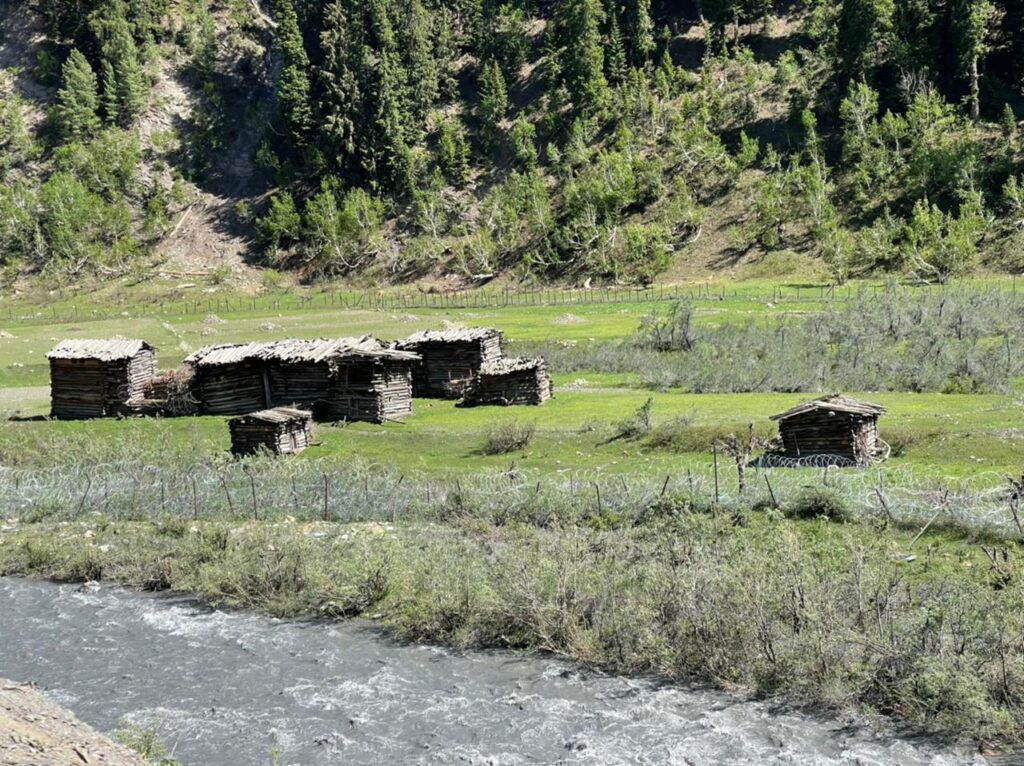
The complexity of wetlands in carbon sequestration and balancing the carbon cycle if disrupted Climate change affects the natural laws of the hydrology of wetland ecosystems, which directly affects the biodiversity living there. Global climate change has already led to the extinction of almost 60% of wetlands globally since industrialization. The severe stresses due to climate change may lead to social-wildlife tensions and migrations due to water scarcity and water crisis. Climate change leads to an increase in the mean sea level and alteration in basic hydrology if there is a change in the basic laws of wetlands, they will surely have detrimental effects on humans as well as aquatic life. The CC directly affects the groundwater recharge potential of wetlands and once it is altered, it will lead to irreparable as well as irreversible loss to mankind. Climate change will lead to alteration to the basic structure of wetlands, which in turn will lead to loss of habitat to millions of migratory birds who visit these wetlands for breeding as well as feeding purposes.
The life of migratory birds is on verge of extinction due to climate-induced change in wetlands. The wetlands are facing a lot of anthropogenic threats and mainly climate change. These wetlands help to cool and humidify the air but due to climate change, the natural rate of these processes is affected. The worldwide wetlands are drying up and climate change has led to the acidification, cracking, and compaction of wetland soils and the millions of people and wildlife dependent on them facing food scarcity. Climate change led to wetland fires, which in turn release a lot of carbon stored in these wetlands and add to the warming of mother earth. The wetlands are a natural solution to climate change provided we protect, preserve, and conserve the wetlands effectively and religiously. The wetlands are dying, and we are the murderers, if we do not protect these wetlands, global climate change will lead to disasters that may be irreparable and irreversible and the loss will be very hard to comprehend. Let’s save worldwide wetlands that will help to combat climate change otherwise human existence will be lost in the wild.
